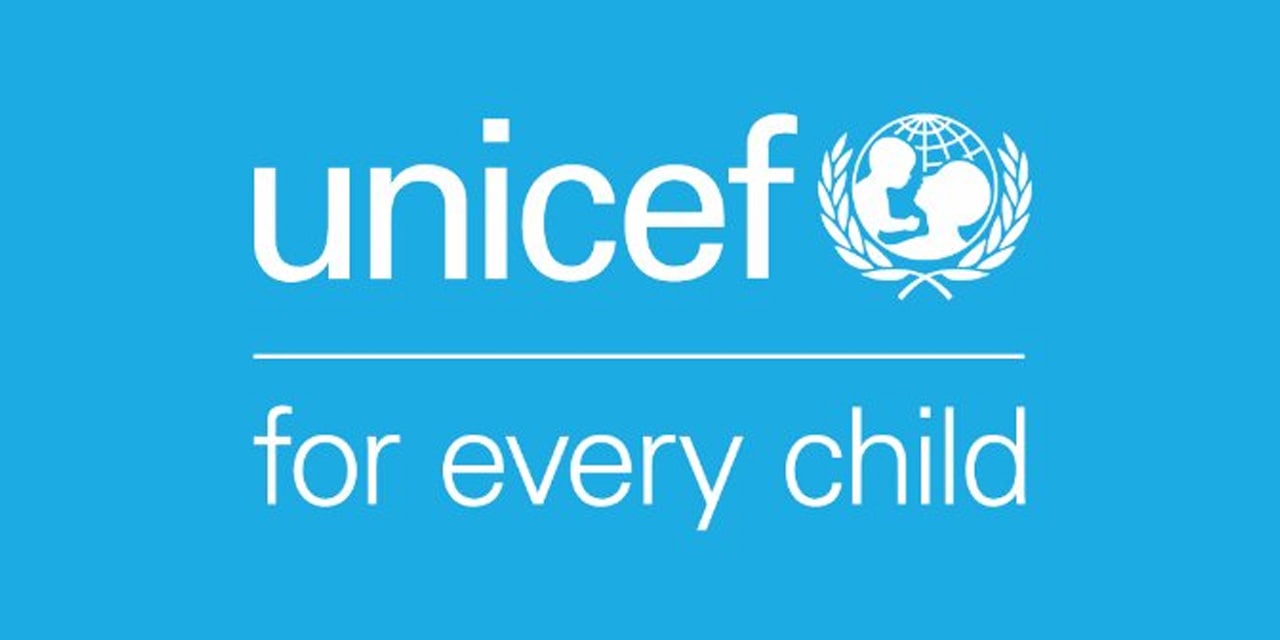Clifton Movirongo
UNICEF Namibia has warned that COVID-19 may increase the level anxiety for most pupils as all school phases’ return reopen.
According to Chief Child Survival & Development, UNICEF Namibia, Kenanao Motlhoiwa the COVID-19 pandemic has continued to disrupt the daily lives of school children while compounding traumatic experiences.
“If a child is afraid that they will get infected with COVID-19 that is a lot of anxiety. We have observed that if a child understands what is being done to protect them, it lowers the anxiety. School will be very different from what it was before thus to avoid confusing children, parents should sit down with their children to explain what is going happen. They should teach kids simple ways of preventing the infectious disease,” she said.
“Indeed, being far from each other is not the same as in the past where they played together which might be frustrating, but there is less chance that they will be too anxious about COVID-19 if they understand it more.”
Motlhoiwa advised that teachers and parents need to play the role of exemplifying and informing the children with the correct information.
“It falls within the parents’ responsibility to explain to the child what is happening in simple terms, and not over expose the information about the infectivity and fatality rates as that might “increase their level of anxiety and traumatize them. Let the children feel confident that when they are being cautious, they are protecting themselves. They should not feel like it is good luck or bad luck whether they get infected or not, or that there is nothing that they can do, because that will increase their level of anxiety,” she said.
Quizzed on some of the subtle challenges faced by learners, Motlhoiwa discouraged the unsupervised online access that children are exposed to due to the pandemic.
“It has negative effects such as online abuses, but those who are in rural areas are being left behind,” she said.
Ministry of Health and Social Services Paediatric Specialist Dr Landuleni Benjamin bemoaned inequality in education, suggesting the need to look at different learners backgrounds.
“Some parents struggle to provide smartphones for their children and at the same time, they fear that it could be mugged due to the environment that they live in. So, there is an element of safety and security while unequal access is the main distinction in their learning,” he said.




